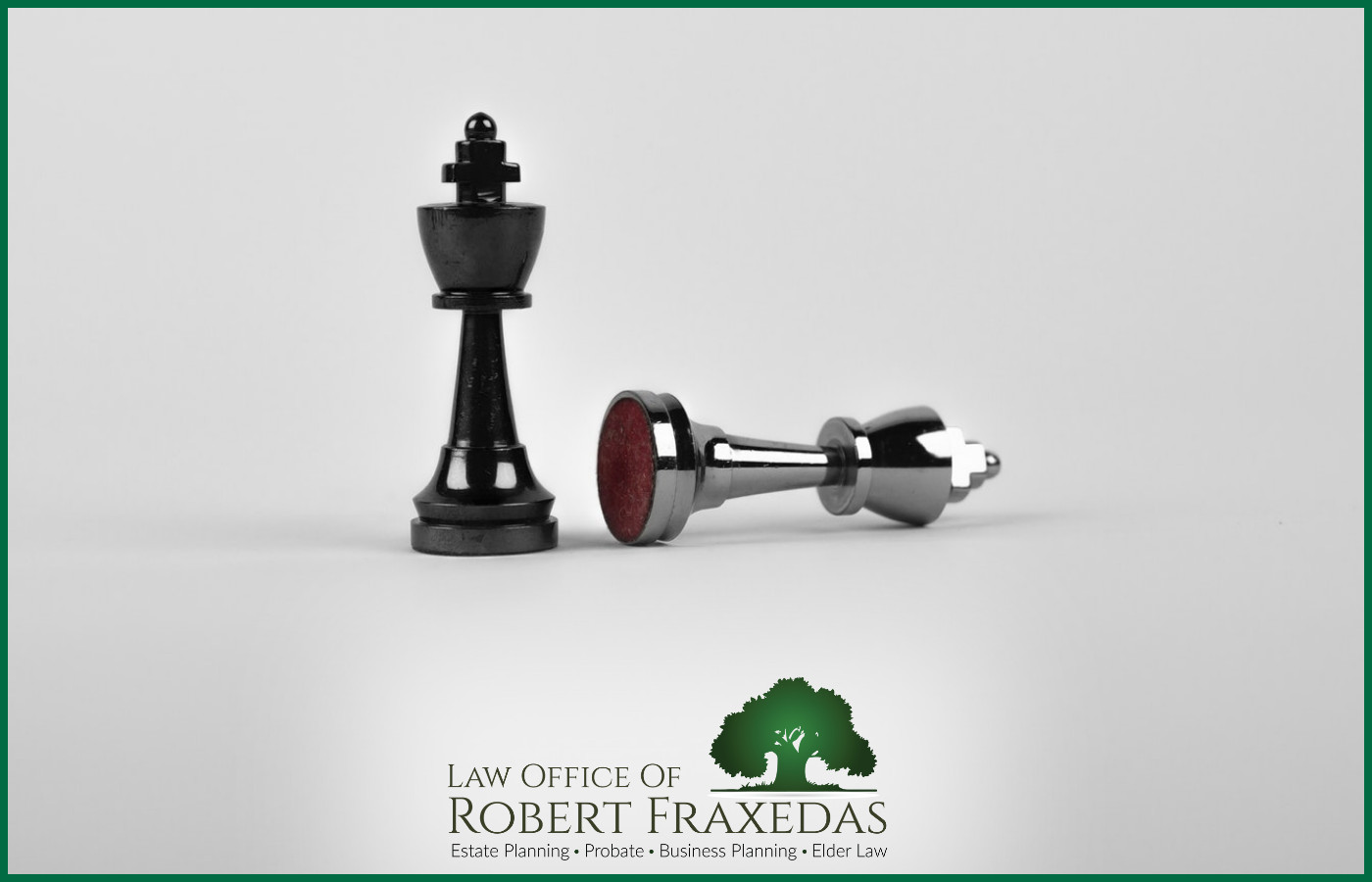
Blog Post
How to Create a Business Succession Plan
February 3, 2020 / Category: Uncategorized

Succession planning is a process for identifying and developing new leaders who can replace old leaders when they leave, retire or die. Taken narrowly, it is “replacement planning” for key roles is the heart of succession planning – and it’s not as simple as it might appear at first glance. Here is some information on succession planning 101. Take a look and then call us for a more personalized and detailed assessment. 561.288.9788
For many small business owners, maintaining positive cash flow and a stable balance sheet can be an ongoing battle that consumes virtually all of their time. Even retirement often seems like a distant speck on the horizon, let alone plans to hand over the business. However, establishing a sound business succession plan is beneficial for most business owners and can be absolutely necessary for some.
For business owners that are at or near retirement, the issue of succession cannot be ignored. In this article, we will take you through the steps you’ll want to take to create a successful succession plan.
Picking a Successor Isn’t Easy
Many factors determine whether a succession plan is necessary, and sometimes the logical and easy choice will be to sell the business lock, stock, and barrel simply. However, many owners prefer the thought of their businesses continuing on even after they’re gone.
Choosing a successor can be as easy as appointing a family member or assistant to take the owner’s place. However, there may be several partners or family members from which the owner will have to choose — each with a number of strengths and weaknesses to be considered. In this case, a lasting resentment by those who were not chosen may happen, regardless of what choice is ultimately made. Partners who do not need or want a successor may simply sell their portion of the business to the other partners of the business in a buy-sell agreement.
How Much Is the Business Worth?
When business owners decide to cash-out (or if death makes the decision for them), a set dollar value for the business needs to be determined, or at least the exiting share of it. This can be done either through an appraisal by a certified public accountant (CPA) or by an arbitrary agreement between all partners involved. If the portion of the company consists solely of shares of publicly-traded stock, then the valuation of the owner’s interest will be determined by the stock’s current market value.

Life Insurance: The Standard Transfer Vehicle
Once a set dollar value has been determined, life insurance is purchased on all partners in the business. In the event that a partner passes on before ending his relationship with their partners, the death benefit proceeds will then be used to buy out the deceased partner’s share of the business and distribute it equally among the remaining partners.
There are two basic arrangements used for this. They are known as “cross-purchase agreements” and “entity-purchase agreements.” While both ultimately serve the same purpose, they are used in different situations.
Cross-Purchase Agreements
These agreements are structured so that each partner buys and owns a policy on each of the other partners in the business. Each partner functions as both owner and beneficiary on the same policy, with each other partner being the insured. Therefore, when one partner dies, the face value of each policy on the deceased partner is paid out to the remaining partners, who will then use the policy proceeds to buy the deceased partner’s share of the business at a previously agreed-upon price.
As an example, imagine that there are three partners who each own equal shares of a business worth $3 million, so each partner’s share is valued at $1 million. The partners want to ensure that the business is passed on smoothly if one of them dies, so they enter into a cross-purchase agreement. The agreement requires that each partner take out a $500,000 policy on each of the other two partners. This way, when one of the partners dies, the other two partners will each be paid $500,000, which they must use to buy out the deceased partner’s share of the business.

Entity-Purchase Agreements
The obvious limitation here is that, for a business with a large number of partners (five to ten partners or more), it becomes impractical for each partner to maintain separate policies on each of the others. There can also be substantial inequity between partners in terms of underwriting and, as a result, the cost of each policy.
There can even be problems when there are only two partners. Let’s say one partner is 35 years old, and the other is 60 years old — there will be a huge disparity between the respective costs of the policies. In this instance, an entity-purchase agreement is often used instead.
The entity-purchase arrangement is much less complicated. In this type of agreement, the business itself purchases a single policy on each partner and becomes both the policy owner and beneficiary. Upon the death of any partner or owner, the business will use the policy proceeds to purchase the deceased person’s share of the business accordingly. The cost of each policy is generally deductible for the business, and the business also “eats” all costs and underwrites the equity between partners.
3 Reasons to Have a Business Succession Plan
Creating and implementing a sound succession plan will provide several benefits to owners and partners:
- It ensures an agreeable price for a partner’s share of the business and eliminates the need for valuation upon death because the insured agreed to the price beforehand.
- The policy benefits will be immediately available to pay for the deceased’s share of the business, with no liquidity or time constraints. This effectively prevents the possibility of an external takeover due to cash flow problems or the need to sell the business or other assets to cover the cost of the deceased’s interest.
- A succession plan can greatly help in establishing a timely settlement of the deceased’s estate.
The Bottom Line
Proper business succession planning requires careful preparation. Business owners seeking a smooth and equitable transition of their interests should seek a competent, experienced advisor to assist them in this business decision.

Contact us today for a free consultation. 561.288.9788

Robert Fraxedas
Robert Fraxedas is an accomplished attorney with 15 years of legal experience, focusing on estate planning, probate, elder law, and business planning. In 2002, Mr. Fraxedas graduated cum laude from the University of Florida with a bachelor’s degree in philosophy. There he was a National Merit Scholar and a member of the esteemed Phi Beta Kappa Honor Society. In 2005, Mr. Fraxedas graduated from the University of Florida’s Levin College of Law. After practicing for 10 years, Mr. Fraxedas obtained his LL.M. Degree in Estate Planning from the University of Miami School of Law, graduating cum laude.
Mr. Fraxedas is an experienced, knowledgeable and hardworking attorney who cares deeply about his clients. He will get to know you, your family, and your goals and develop a personalized plan that is tailored to meet your needs. Whether it’s a simple will, a complicated probate, crafting a trust for your children, or obtaining Medicaid or other government benefits, Mr. Fraxedas is committed to taking care of you and your family as if it were his own.
Reference: https://www.investopedia.com/articles/pf/07/succession_planning.asp
 [Social9_Share]
[Social9_Share]
